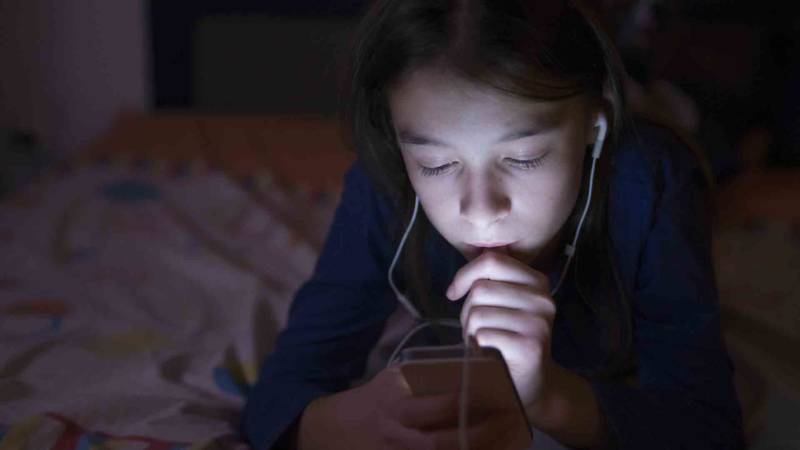It’s no mystery that being bullied hurts. Whatever form the abuse takes—whether it’s being tripped, teased, excluded, mocked, insulted, gossiped about, or ridiculed, in-person or via social media—the target suffers. Beyond the short-term pain, such mistreatment can have lasting mental and physical health effects as well, reports the American Academy of Pediatrics.
Parents also struggle. Though desperate to help their ailing child, parents can’t lurk in hallways and lunchrooms waiting to protect their off-spring from social harm.
Compounding the difficulty is the child’s own resistance to calling in Mom and Dad for aid. “Kids don’t want to be viewed as rescued by their parents,” said James Dillon, a retired school principal and author of Reframing Bullying Prevention to Build Stronger School Communities. They also recognize that a parent’s anger might make things worse. And when the peer nastiness dwells in the child’s online world, adults are often clueless and shut out of this alternate universe. As one beleaguered middle school principal told me about the social machinations that play out on Facebook, Instagram, and Kik, “it’s like they live under the sea. They are living in a different world than we are, and we don’t know it.”
Given these challenges, what can a parent do to help ease a child’s misery brought about by bullying?
Pre-empt as much as possible. Parents need to be proactive in helping prevent bullying incidents. With social media, that means setting limits on kids’ online use, monitoring it when possible, and being clear about family rules for Facebook, Instagram and the all the rest. What’s most important, says Dr. Debra Koss, a child psychiatrist, is talking to kids about social media, in all its changing forms, and keeping that conversation going. When kids make it home after school, don’t limit the conversation to academics and classmates. “Ask how it’s going on social media, not just ‘how’s school,’” Koss advises. “If parents are proactive, it’s easier to respond when bullying happens,” she added. Pre-emption also means modeling civil behavior and sound relationships, so that kids don’t accept rudeness and aggression as acceptable social conduct.


